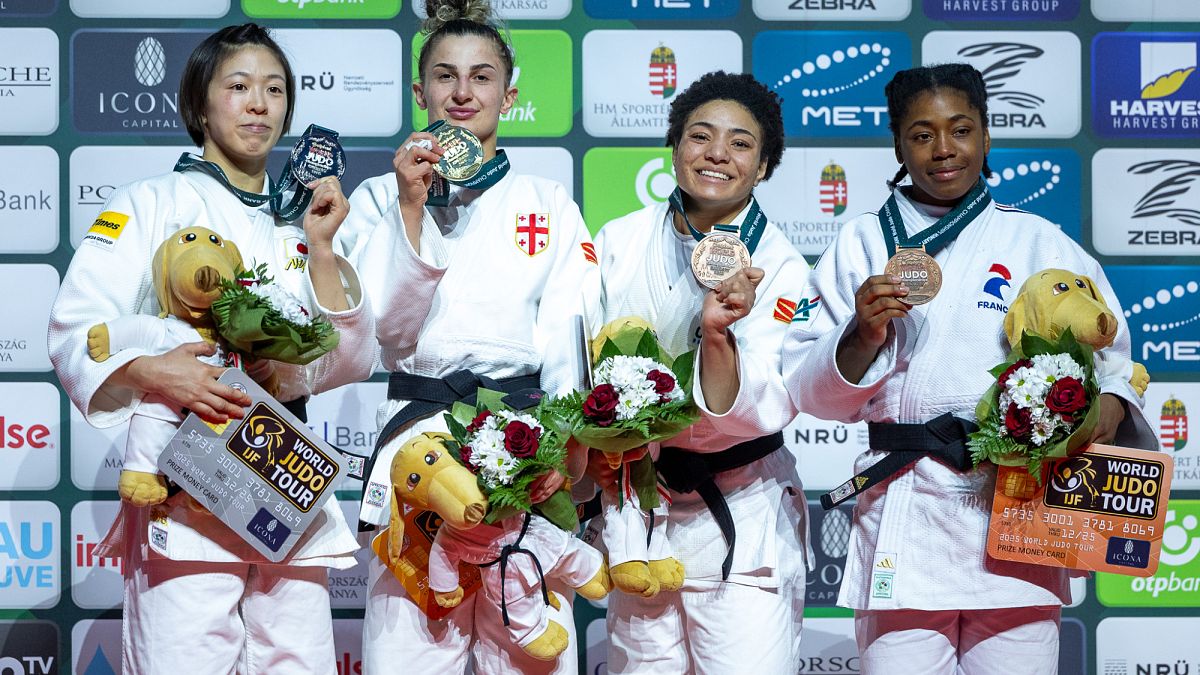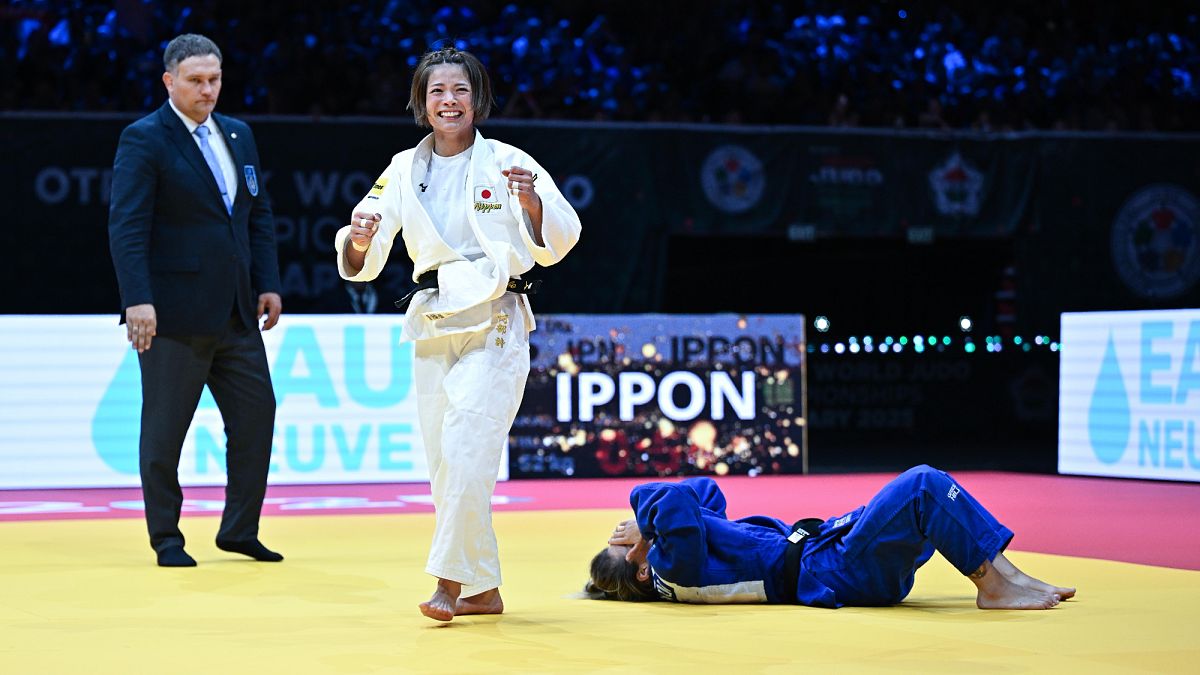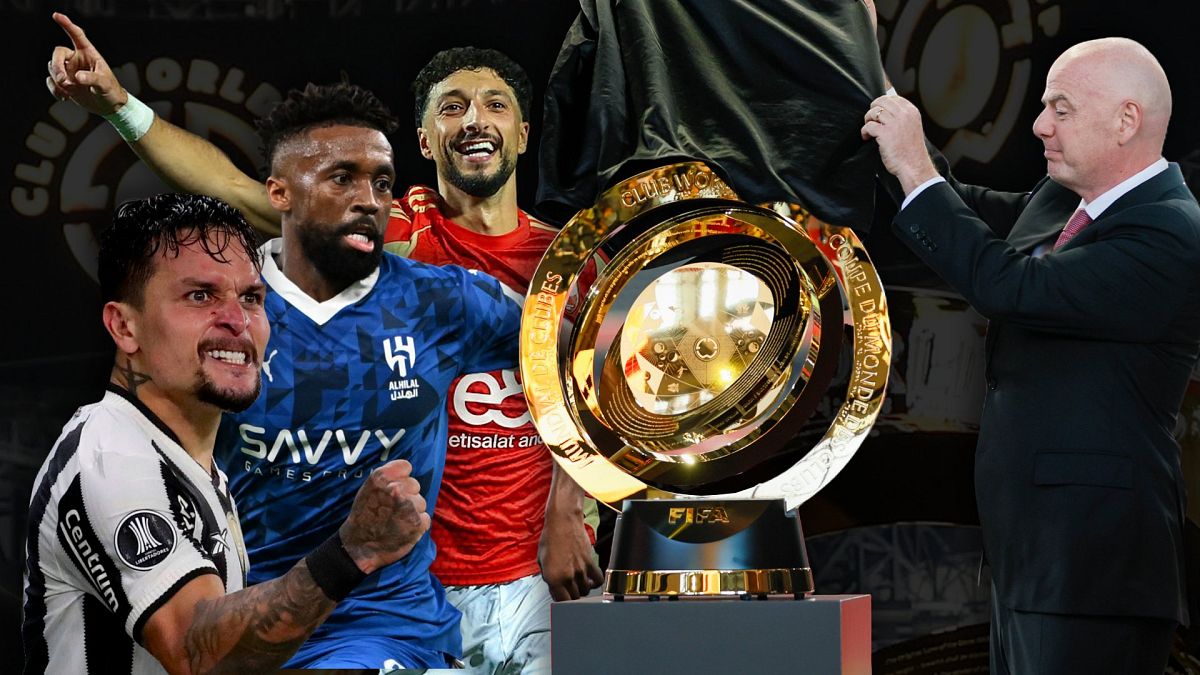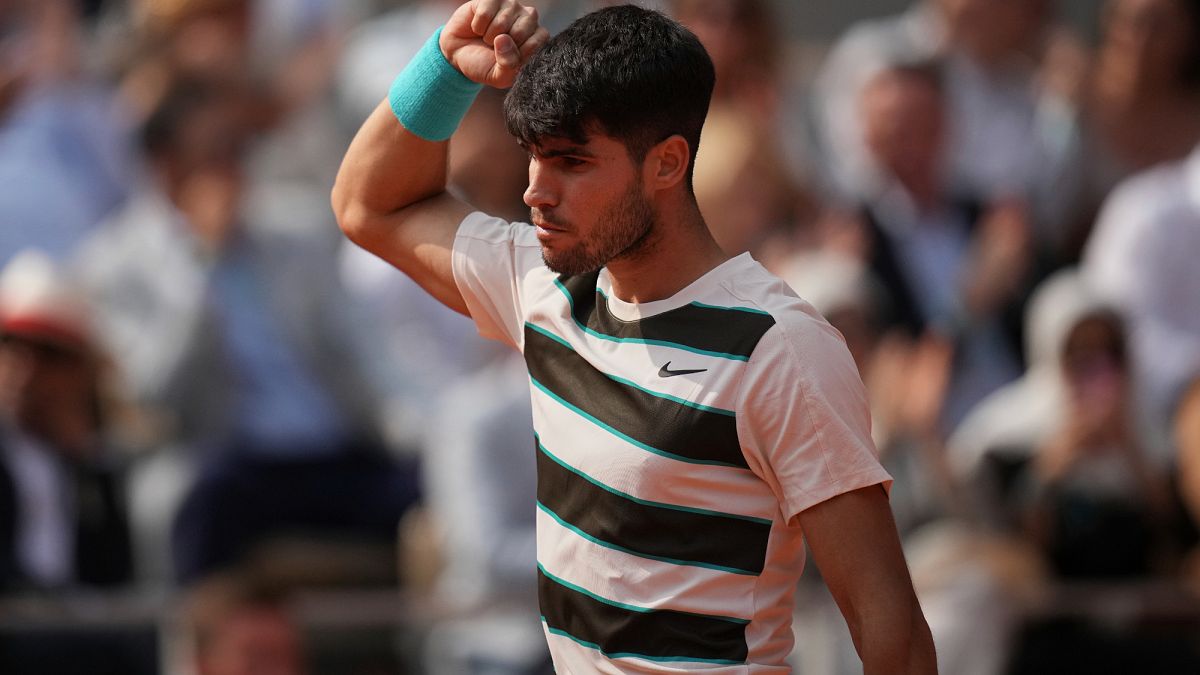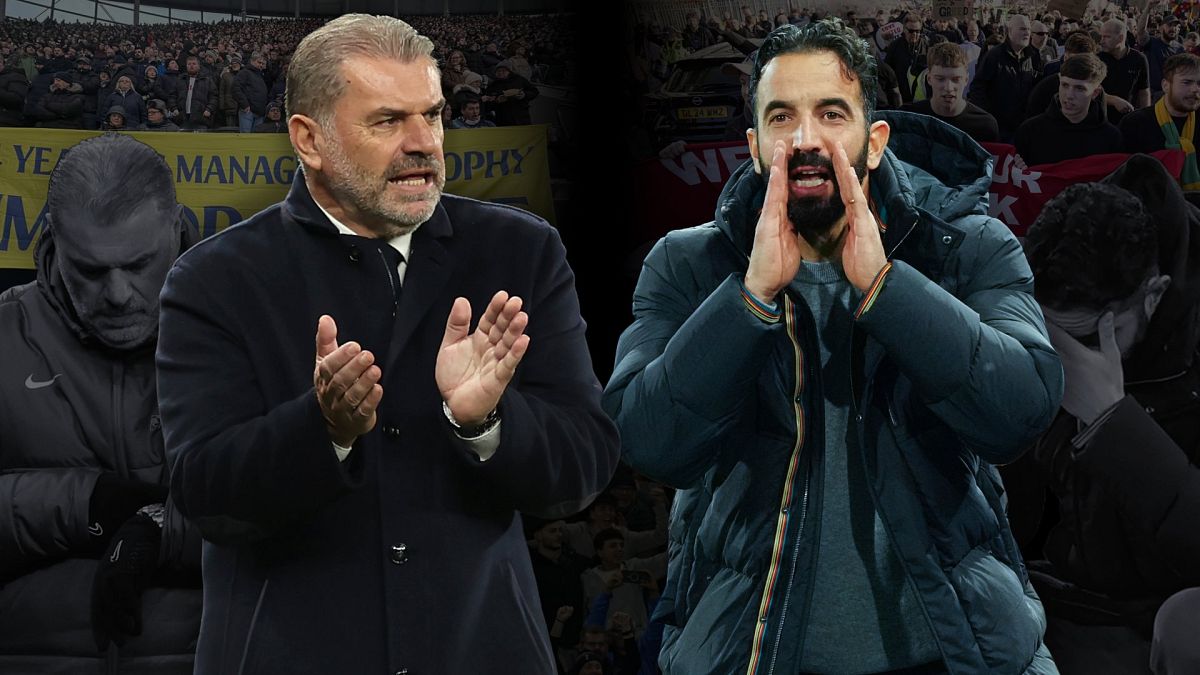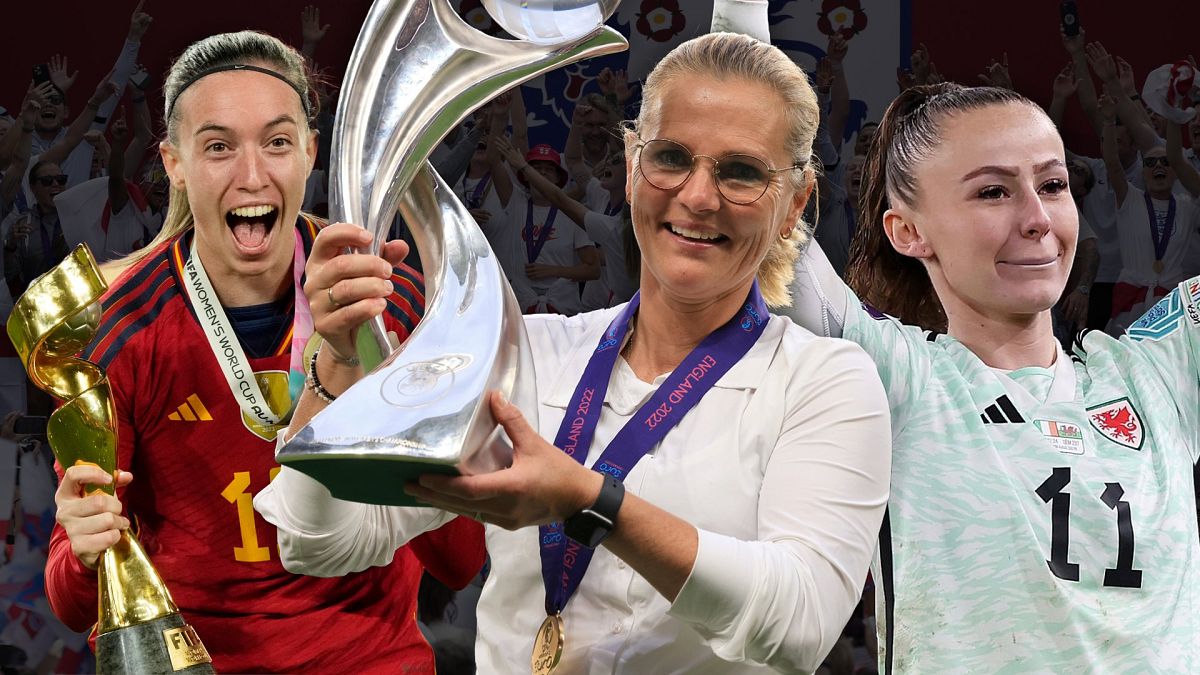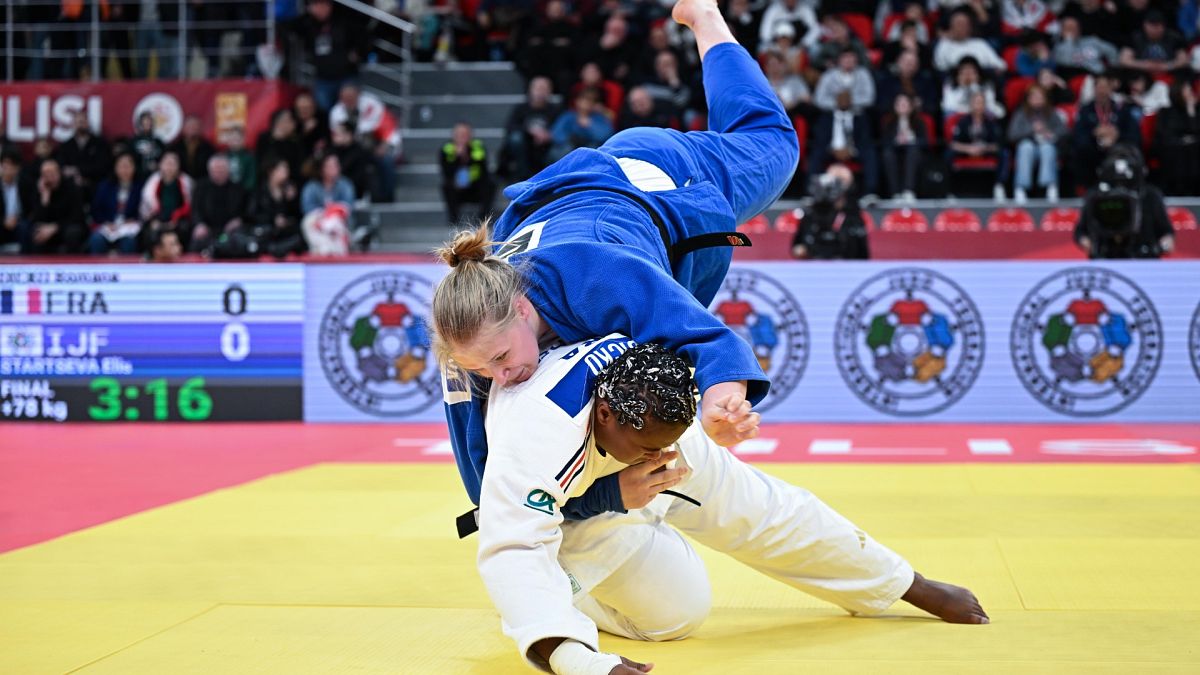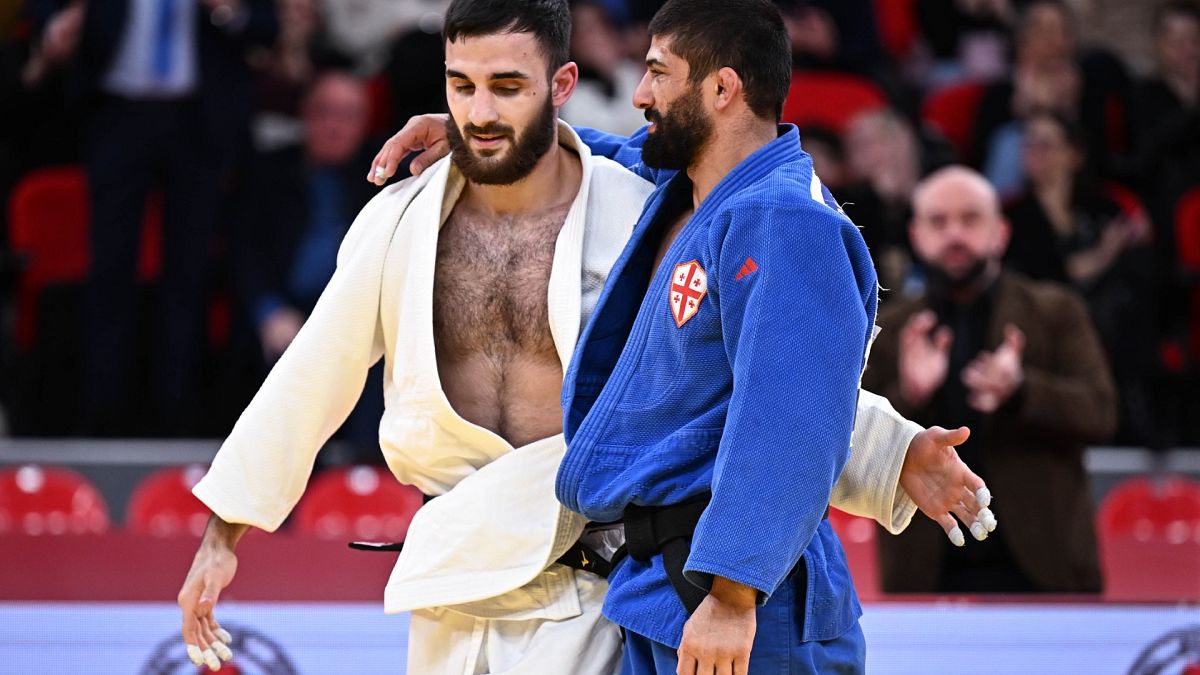How do footballers keep busy during retirement?
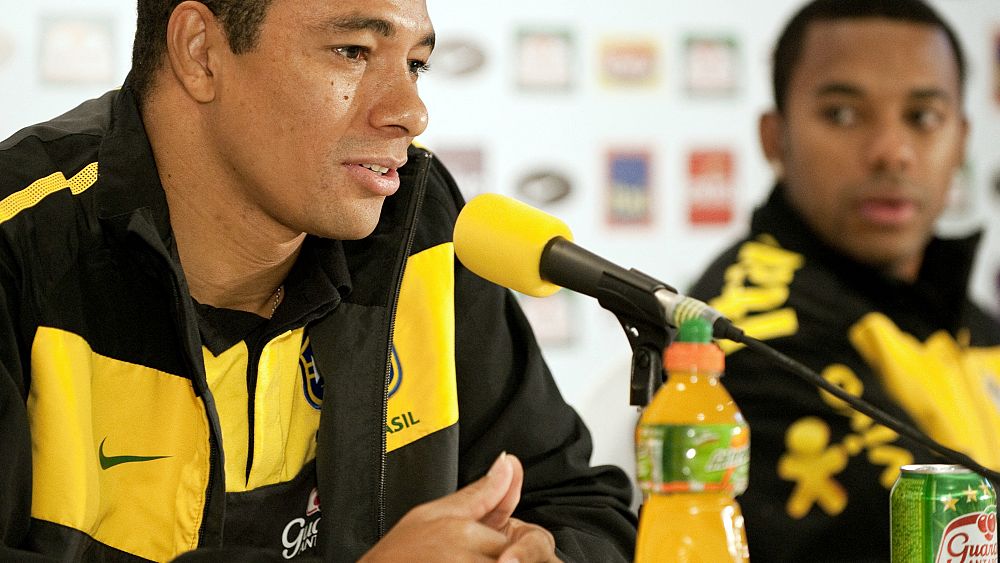
The natural progression may be to move into coaching, but for many footballers, retirement can be daunting, so what are the alternatives?
Becoming a professional football player can be a dream come true, but it is a relatively short career. Players often face problems at the end of their careers after years of hard work and success. When it’s time to hang up their boots, they may feel a sense of loss and regret, which can be detrimental to their mental health. When the disciplined fitness routine stops and international travel comes to an end, retirement from the game they love can be traumatic for some and embraced by others.
Former Arsenal and Brazilian World Cup-winning midfielder Gilberto Silva told Football Now that the uncertainty of retirement can often be one of the biggest challenges for an ex-pro.
“It can be difficult when you retire. You are used to the routine of being a footballer, and then you have to quit. Nobody tells you what to do or where to go once you have finished playing. When I started my company (Sport World Coaching), I began to give advice. I say to players they need to decide to move into new career paths when they leave, but if possible, try to stay in the game (football) because they have excellent knowledge in this field, and this can help them in a future career.”
Retirement doesn’t always mean the end. Some clubs support former footballers by guiding them through a bumpy transitional period, providing roles and employing them within the club.
It is a natural path for many footballers who remain in the game to become coaches. Zinedine Zidane, Xabi Alonso, Steven Gerrard and Frank Lampard are just some recent examples of players who transitioned into a role on the touchline following their illustrious careers. Ex-players can also often be seen on a TV studio panel, offering match-day analysis. Marcel Desailly, Thierry Henry and Jamie Carragher are just a few names who have forged successful careers in the media.
Some players choose to leave the game altogether and have also made some interesting alternative choices post-football.
Former Wigan Athletic defender Arjen De Zeuw is a police detective in his native country, The Netherlands. Tim Weise, a former goalkeeper for Germany, bid farewell to football in 2014 and embraced a career in professional wrestling with the WWE. Jody Craddock, formerly a .center-back for Wolverhampton Wanderers, now channels his artistic talents as a full-time oil painter. Eric Cantona, the esteemed French and Manchester United legend, seamlessly transitioned from the pitch to the big screen, appearing in over 30 movies. Midfielder Lee Bowyer played for Leeds, Birmingham, and Newcastle during his lengthy football career. After retiring, he traded one type of tackle for another, and now he owns a lake where he fishes for carp. Royston Drenthe, a former midfielder for Real Madrid, walked away from football at the age of 32 to embark on a rap career under the moniker Roya2Faces.
It can be challenging for players who lack the skills to embark on an alternative career path. Former Liverpool FC striker Neil Mellor says many ex-players face this issue.
“I remember a bit of advice when I was at Liverpool. My coach Steve Heighway said to me, ‘We’re preparing you for the day you leave this football club.’ The idea was to say, ‘Listen, enjoy every day you’ve got this football club in your career because you have to know that there is life after football now for young players’. They can be lazy because they don’t want to face reality. They don’t want to work on what is next, whether it’s a course, a degree, or some kind of further education, coaching or whatever. They can put it off until it becomes a bit panicky, and at the age of 30, you’re thinking, Wow, I do really need to do something.”
Football is a lucrative industry, and for many players, what they achieve on the pitch is their primary concern. Footballers rarely discuss the end of their careers because it scares them. Brazilian footballer Falcão once said sportspeople die twice. Saying goodbye to the sport they love is never easy, but in many cases, once the shock has faded, former players realise there is a life after football and go on to embark on new journeys and chapters.
Source: Euro News


